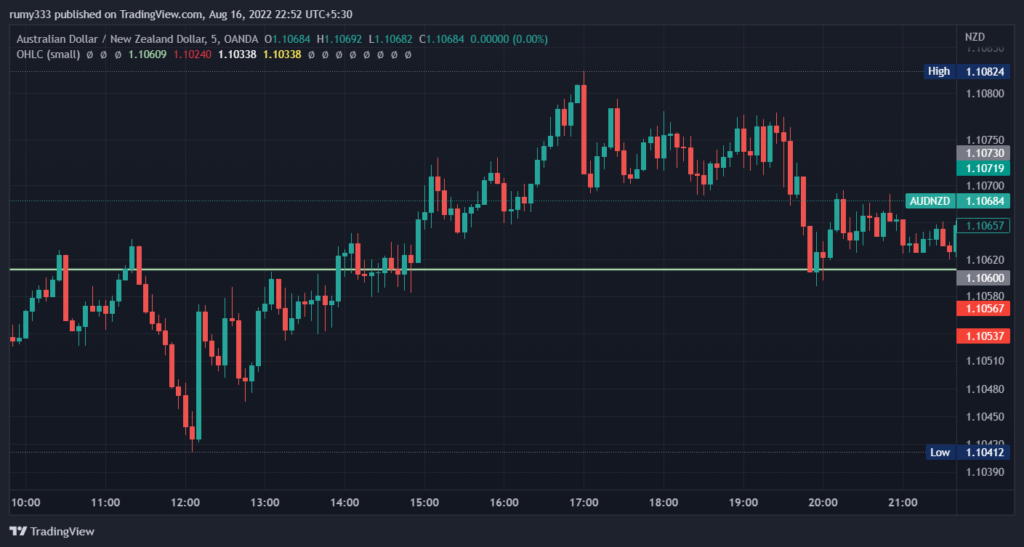
When you are a beginner with no practical trading experience, you will experience a wide range of emotions after each loss.
This includes emotions like fear, anger, frustration, greed, hopelessness, anxiety etc.
In this post, we’ll look at some of the most common causes of anger.
Anger
Fear is the underlying emotion behind all negative emotions.
Here, fear of losing control is the cause of anger.
You may want to explore your emotions to understand the root cause of your anger.
Using the 5 whys technique, determine the source of your fear, where you would continue to ask why to your answer until you reached the bottom of your emotions.
Learn more about emotional management here.
Why am I angry after a loss ?
IT HAPPENS !!
It happens to every trader.
This occurs because every new trader believes that in order to be considered successful, you must always win.
That is SO NOT TRUE !
Trading without a single loss is impossible, even for experts.
This must be ingrained in your mind.
You are angry because
1. You are upset with yourself because you failed to meet your expectations. Or…
2. You’re upset with the market because you believe it works AGAINST you.
The first is the most common. And the most common piece of advice is
“ Loss is inevitable “
“ Learn to manage your emotions “ etc.
Regarding the second, nothing we can do will change the market in your favour.
You may also have the impression that whenever you place an order, the market moves in the opposite direction. And the most common piece of advice is
” The market is unconcerned about you or anyone else.”
While all of this is correct, the main issue is that you have set an unrealistic expectation. For example, expecting 50% returns when statistical data shows only 10% returns.
Solution
The practical way to avoid this is by
1. Backtesting your trading strategy for minimum 100 trades.
Only then you will know your strategy’s probability of success i.e. your win rate.
You will also get to know how many losses in a row you might have with your trading strategy. i.e losing streak.
There are so many things you can know just by backtesting your trading strategy and using a trading journal.
2. Demo trading for atleast 50 -100 trades.
This demo trading, also known as paper trading, will assist you in understanding the practical difficulties associated with your trading strategy.
Backtesting and demo trading will help you get started on your trading journey.
3. Money management rules to protect your capital.
When you first start trading, you will experience losses. That is unavoidable.
All you have to do is keep your loss:profit ratio (a.k.a risk reward ratio ) = 1:1+.
For instance, if your stop loss is 100 points away, your target should be greater than 100 points.
This ensures that you will always be profitable after 100 trades or at the end of the month.
To protect your capital from drawdown, always risk no more than 1-2% of your trading capital per trade.
For example, if there is only one quantity and the capital is $10,000, the stop loss should be only 100 points.
4. Using a trading journal to track those trades.
A trading journal will help you identify where you make mistakes when trading.
Your only job then will be to avoid making the same mistakes again.
5. Mindfulness meditation to stay in the present moment and not worry about the past or future.
6. Understand the reality of trading. Learn more about trading strategies, theories, reality, success stories of others etc.
You will then understand if it is appropriate to consider a loss as serious or to consider it as a normal part of the trading process.
Keep in mind that trading without a single loss is impossible, even for experts.
If you follow the basic rules, you will gain confidence and may never have to worry about losing again.
About Post Author
Resources & Links
Tradingview – Charting Platform
Zerodha – Trading brokerage platform (India)
Disclaimer
Trading involves substantial risk, and past performance is not indicative of future results. Always conduct your own research and consider seeking professional advice before making any investment decisions. The information provided on this platform about digital entrepreneurship is based on the author’s experiences and industry knowledge. It should not be considered as financial, legal, or business advice. Please consult with experts in these fields before making business decisions. This blog may contain affiliate links, and we may earn a commission if you make a purchase through these links. Your support is appreciated.








